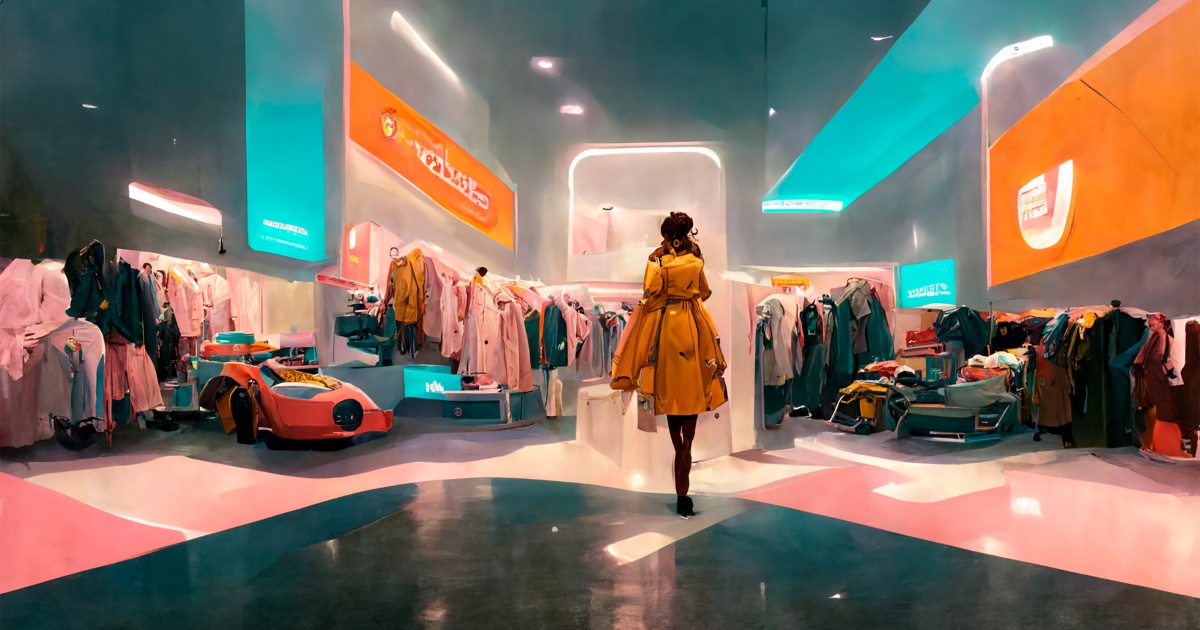Metaverse Commerce Adoption Proves Challenging for Retailers

Retailers traditionally seek prime real estate because of the profits having the best location can generate. However, the metaverse has disrupted the traditional retail ecosystem. Shopping in the metaverse is different from traditional shopping. It requires a new outlook and new models and competencies to become competitive.
Add to that the evolving needs of shoppers that include the use of cryptocurrencies or NFTs and it's no wonder retailers struggle to adapt to the evolving needs and are feeling the effects of metaverse commerce adoption.
Metaverse commerce technology transformation, whether by things like VR or AR for more immersive shopping experiences, requires technology journey mapping and building a cohesive client experience, making the metaverse commerce transformation a challenge. According to Info-Tech’s “Shopping in the Metaverse,” most retailers are unsure where to even start, and they lack a structured approach to executing technologies for each shopping journey.
“For many enterprises, realizing value in the metaverse is a mystery for now,” said Rahul Jaiswal, principal research director at Info-Tech. “Ultimately, retailers will need to map out their journey from today to be ready to deliver a metaverse commerce experience that their customers will expect through products, customer services, operating model, and technology,"
Info-Tech and Jaiswal laid out a roadmap for retailers. One key step is to identify opportunities across a shopping journey to capitalize on blockchain, digital twinning, infrastructure and virtual environments to monetize key customer insights.
Another step is to learn how popular retailers benefit from adopting technology with the Metaverse Journey Map. For instance, Nike partnered with RTFKT Studios, a fashion startup that makes its own NFTs. Disney filed a patent for a "virtual-world simulator," which replicates one of the company's theme parks in a 3D realm. Balenciaga collaborated with Fortnite to release a collection of in-game clothes and limited-edition physical garments.
To be successful, retailers identify opportunities across the shopping journey, capture key customer insights and use technologies like digital twins, virtual environments and blockchain. Blockchain, for example, advances the metaverse shopping experience through smart contracts, direct money transfers and payments and decentralized ledgers.
Retailers that validate their strategies, persistently reinforce the enterprise's core capabilities and capitalize on the value of a new prospect are more likely to be prepared for the metaverse’s retail disruption.
Edited by Erik Linask

